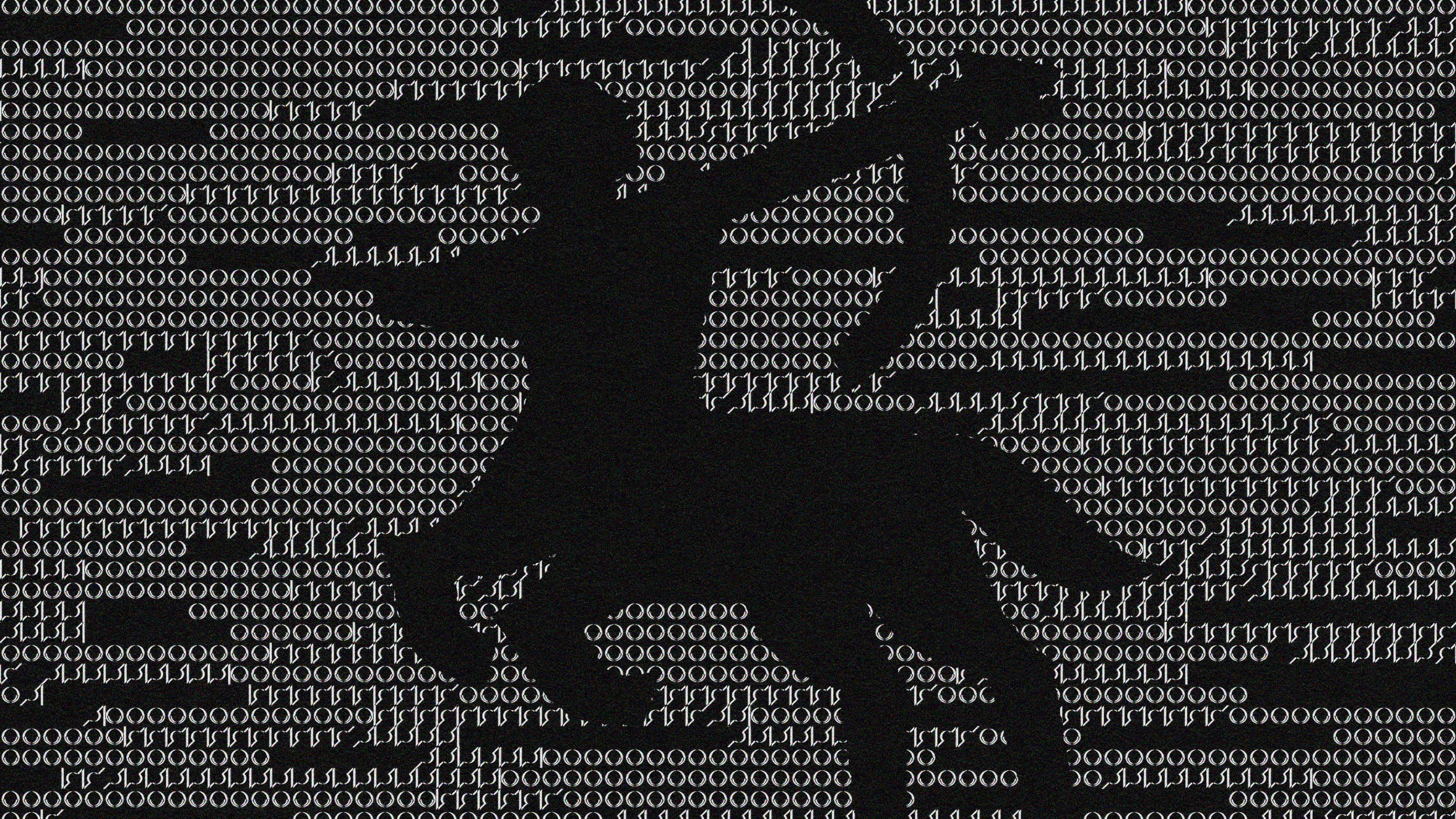Goodbye, Knowledge Workers. Hello, Insight Workers!

What’s the Big Idea?
Yes, we know our laptops know more than us — the question is, now what will we do we do at work?
Peter Drucker (“the man who invented management“) coined the phrase knowledge worker back in 1959 to describe the kind of work that would replace manual labor once machines made physical labor obsolete. That change is clearly still underway, but Lesser believes that we are on the precipice of a second, equally important, transformation.
As technology is increasingly able to not just compute data but synthesize and analyze it, automation will become all-encompassing. Knowledge workers, who manipulate information, will be replaced by “insight workers,” who bring a new set of skills to the table: judgment, critical thinking, empathy.
Where the knowledge worker knows how to manage an office, an insight worker understands how and why the business works. While a knowledge worker networks, an insight worker builds authentic relationships with his or her coworkers and clients.
What’s the Significance?
And the tide is already turning. This year, BCG has been ranked #2 on Fortune’sBest Companies to Work For list, beating out Google, Zappos, and Dreamworks. How does a relatively buttoned-down consulting firm compete with life at the Googleplex – complete with ski gondolas, lava lamps, and free laundry?
“We asked Fortune after the survey came out why we had done as well as we had done,” he adds. It turned out that it was the company’s focus on helping people achieve their own goals pushed them to the top of the list: “Our training programs and the communities that we build either for people that don’t have a business background or women or ethnic minorities or LGBT enable us to invest in the individual.”
The training programs expose people to new things, broadening their perspective and makes them better at what they do — perhaps more than anything, insight workers are people who have the opportunity to be lifelong learners, even at work.





